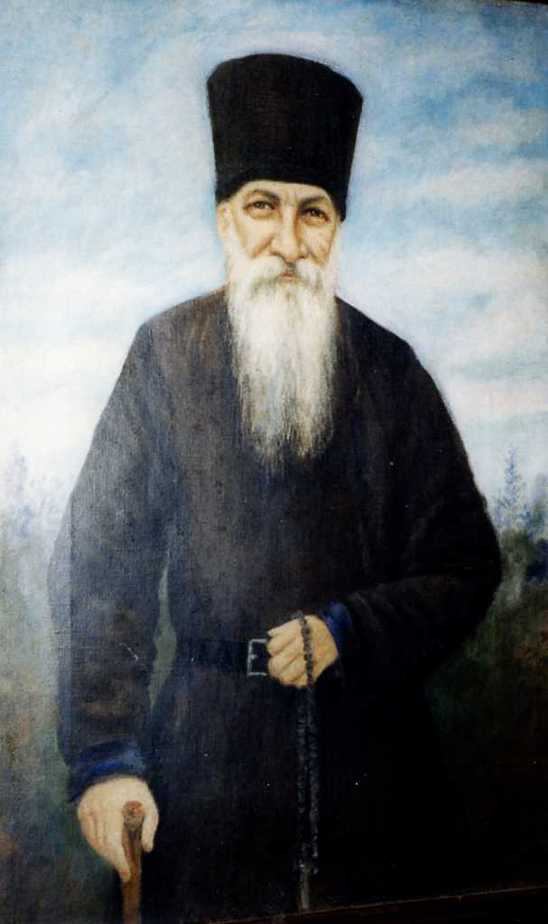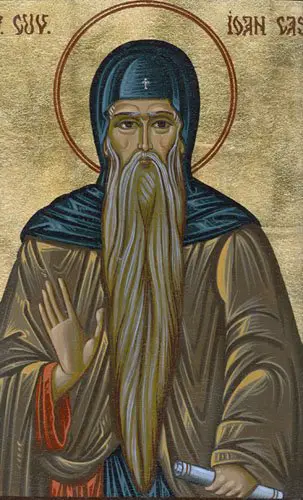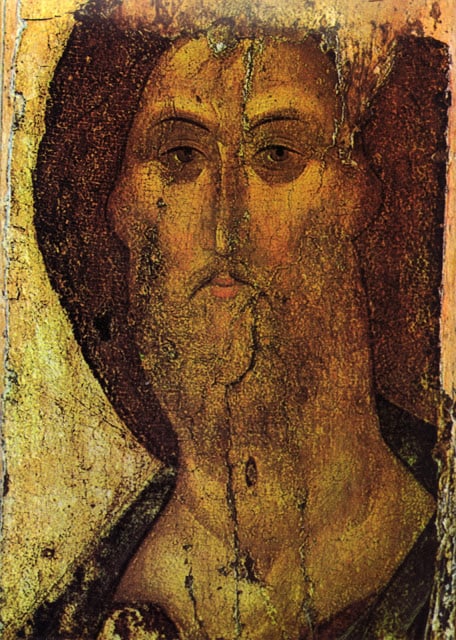“A clear rule for self-control handed down by the Fathers is this: stop eating while still hungry and do not continue until you are satisfied.
When the Apostle said, ‘Make no provision to fulfill the desires of the flesh’ (Rom. 13:14), he was not forbidding us to provide for the needs of life; he was warning us against self-indulgence. Moreover, by itself abstinence from food does not contribute to perfect purity of soul unless the other virtues are active as well. Humility, for example, practiced through obedience in our work and through bodily hardship, is a great help.
If we avoid avarice not only by having no money, but also by not wanting to have any, this leads us towards purity of soul. Freedom from anger, from dejection, self-esteem and pride also contributes to purity of soul in general, while self-control and fasting are especially important for bringing about that specific purity of soul which comes through restraint and moderation.
No one whose stomach is full can fight mentally against the demon of unchastity. Our initial struggle therefore must be to gain control of our stomach and to bring our body into subjection not only through fasting but also through vigils, labors and spiritual, reading, and through concentrating our heart on fear of Gehenna and on longing for the kingdom of heaven. ”
+ St. John Cassian
On the Eight Vices : On the Demon of Unchastity and the Desire of the Flesh



